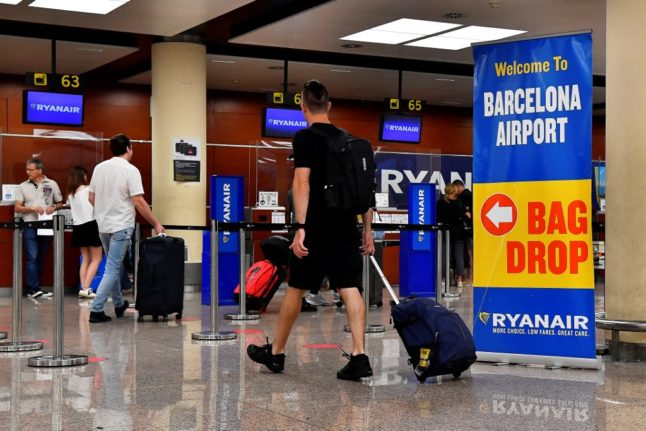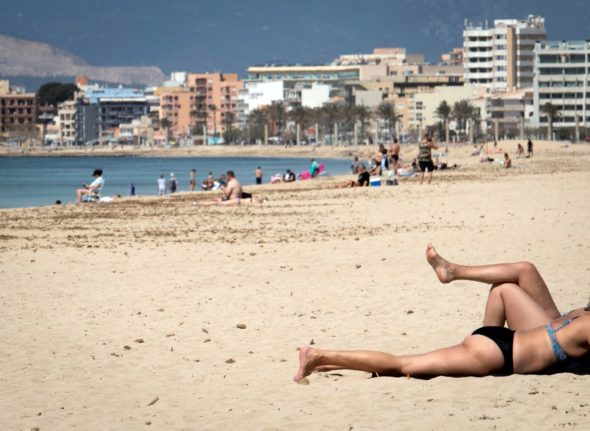The short answer is yes, you can return to Spain. As long as you have a valid passport that is in date, you will still be able to travel out of Spain and return again.
However, you will need to apply for an autorización de regreso or re-entry permit.
Non-EU citizens should get a TIE if they live in Spain. This will either be a temporary residence document valid for five years or a permanent one, valid for 10 years. When this document expires, you will have to renew it and if you have to travel during this time, you will need to apply for the autorización de regreso.
READ ALSO: Can I travel to Spain if my passport has expired?
What is an autorización de regreso?
According to the Spanish government the autorización de regreso is a document authorising foreign residents to be able to exit and return to Spain during a period of renewal or extension or their residence card such as a TIE.
It is generally needed when you want to return to Spain by plane or ferry, as residency documents are usually not checked at Spain’s land borders.
This is a document that only gives you the right to return to Spain, it doesn’t have anything to do with your permission to enter other EU countries.
In order to be eligible to apply for the autorización de regreso you must:
- Be the holder of a residence document and have initiated the renewal or extension process of the authorisation that enables you to remain in Spain within the legal term.
- Be the holder of a valid foreign identity card and have submitted a request for a duplicate card due to theft, loss, destruction or expiry.
- Prove that the trip responds to a situation of need and there are exceptional reasons why you need to travel during this time.
- Have your initial residence or authorisation favourably resolved.
You may also need to apply for a return permit if you’re newly arrived in Spain and haven’t received your TIE card yet, but need to return to your home country or travel while you’re waiting.
READ ALSO: Can I travel to Spain if my passport has expired?
The Spanish government states that: “An autorización de regreso may not be granted to foreigners who are subject to a ban on leaving Spain or a limitation on their freedom of movement agreed by the Judicial Authority as a precautionary measure or in an extradition process, or as a result of a final judgment”.
What is the application process?
You can apply for the autorización de regreso at any public registry, immigration office (extranjería) or the police station corresponding to the province where you are registered.
You will usually need to get a prior appointment or cita previa beforehand, so make sure you do it as soon as possible as it may take longer than expected to get an appointment if you’re in a part of Spain with a large foreign population. When you get your appointment, you will need to take with you the following:
- Application form – modelo EX-13 in duplicate, completed and signed.
- A copy of the complete passport or registration card or valid travel document.
- A copy of the request for the renewal or extension of the foreign identity card, or proof of its presentation.
- Supporting documentation to show that the trip responds to a situation of need and there are exceptional circumstances.
Remember that as well as the documents above, you will generally need photocopies as well as the originals. You will also need to pay the associated fee of €10.30 and download the Modelo 790 in order for the fee to be processed.
How long will the process take?
Usually, your authorisation will either be granted on the spot or within a few days, however when it comes to Spanish bureaucracy, there are often delays, so be aware that it could take up to two weeks if the police have many other applications to process at the same time.
How long is the authoristaion valid for?
According to Spain’s National Police website, “it will be valid for no more than ninety days (3 months) from the expiration of the residence or stay permit, if requested prior to said expiration”.
The return authorisation may be used for all the departures and the subsequent returns that are required during its validity.



 Please whitelist us to continue reading.
Please whitelist us to continue reading.
Member comments